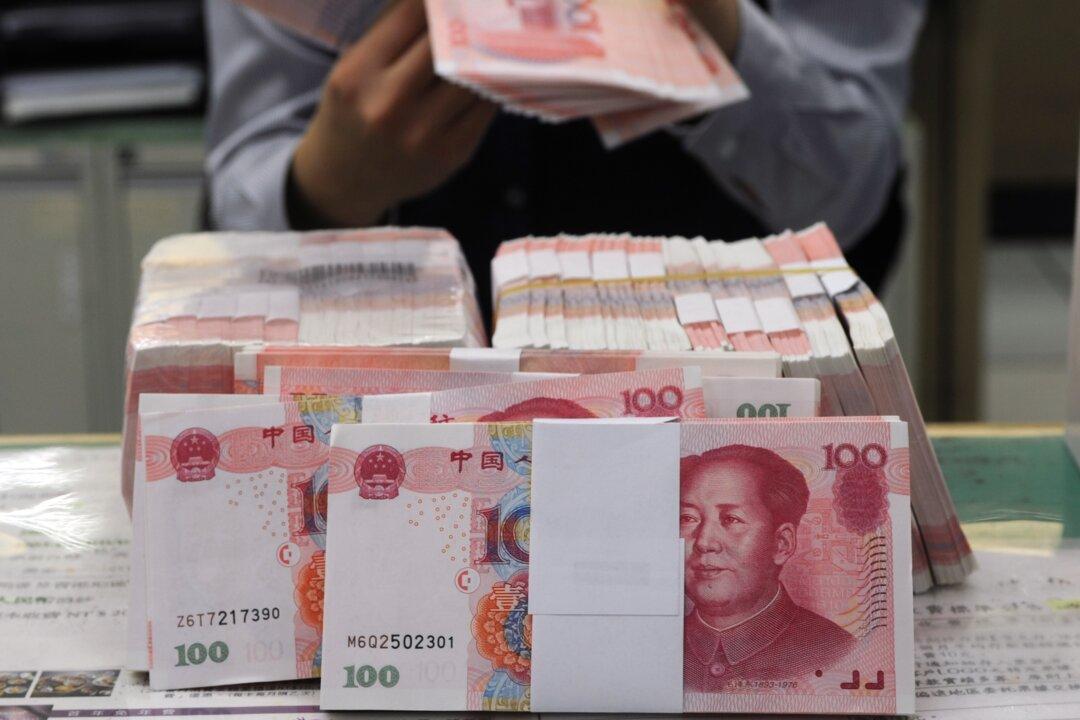Commentary
Ray Dalio, a hedge fund manager who has served as co-chief investment officer of Bridgewater Associates for the best part of four decades, recently heaped praise on China’s drive toward “common prosperity.”

Ray Dalio, a hedge fund manager who has served as co-chief investment officer of Bridgewater Associates for the best part of four decades, recently heaped praise on China’s drive toward “common prosperity.”